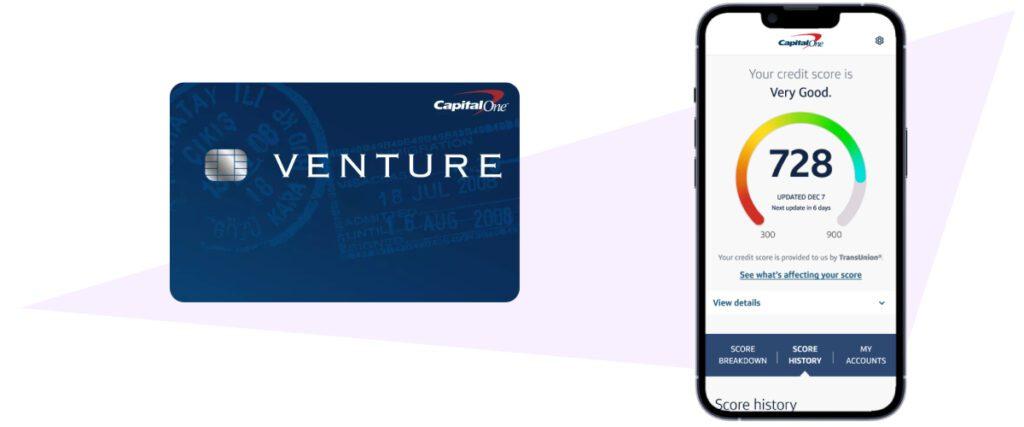Having a good credit score is crucial to getting ahead financially, as a better credit score improves your chances of being approved for a low interest loan, meaning lower monthly payments on your home and auto loans.
A good credit score, or better yet, an excellent credit score, will grant you access to higher credit limits, better rental opportunities, and more favorable insurance premiums.
What is my Credit Score?

You’ve probably seen the advertisements on TV offering free credit scores, but these often come with memberships and fees.
If you don’t know your credit score, we suggest you visit the website recommended by the Federal Trade Commission as the only way to get your free annual credit report.
Website: AnnualCreditReport.com
If you do want to monitor your credit score regularly, but don’t want to sign-up for a monthly subscription, we suggest opening a credit card with Capital One, as they offer free credit report updates and alerts for their members.
It’s also nice not having to visit a separate app just to view your credit score, and instead, have the ability to handle all of your bills and budgeting in just one account.

How to Improve my Credit Score?
Having a good credit score is important, but if you are currently in debt, especially credit card debt, getting out of debt should be your number one priority, more so than improving your credit score.
We recommend reading our Get Out of Debt Guide, and focus on getting yourself out of debt first.
Plus, by getting out of debt, your credit score will probably improve on its own.
If you’re not in debt, these are some steps you can take to improve your credit score.
Pay Your Bills on Time
There is no better time to start than right now.
Reduce Credit Card Balances
Again, we recommend checking out our Get Out of Debt Guide.
Avoid New Credit Applications
Too many credit applications can further lower your score.
View Your Credit Report Closely
Look for errors, discrepancies, or balances that you can pay off. Document any errors.
Dispute the Errors: Contact the credit reporting agency that issued the report with the errors. You can usually initiate a dispute online, through their website. Provide a clear explanation of the errors and include any supporting documentation, such as receipts or statements, if available.
Be Patient and Consistent
Building good credit takes time. Stay committed to responsible financial habits and continue practicing good credit behavior over the long term.
Want more tips? Here’s another guide with even more tips to Increase Your Credit Score.








